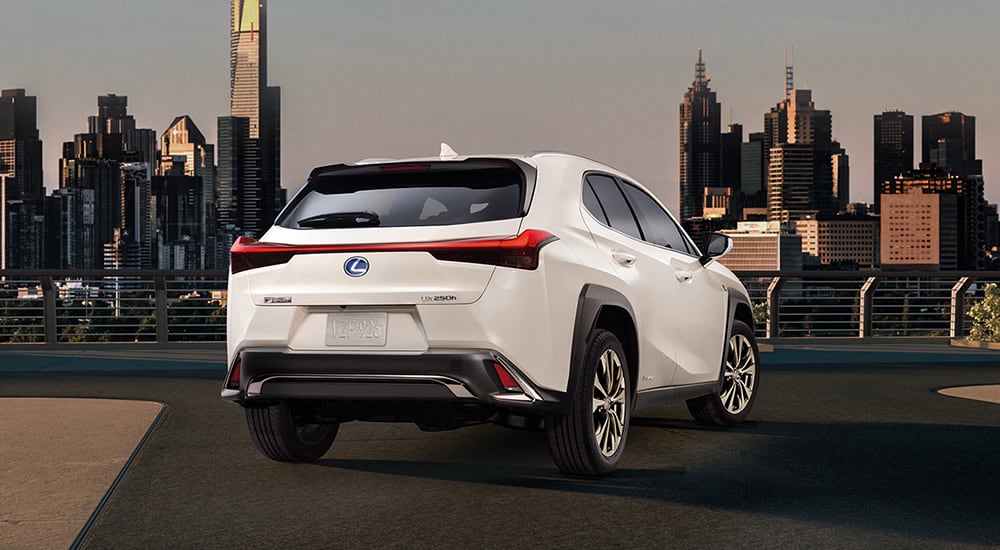Lexus International president Yoshihiro Sawa shared the brand’s current strategy on electrification with Autocar:
“Pure EVs currently require a long charging time and batteries that have an environmental impact at manufacture and which degrade as they get older. And then, when cells need replacing, we have to consider plans for future use and recycling. It is a complex issue – much more complex than the current rhetoric perhaps suggests. I prefer to approach the future in a more honest way.”
“If we are looking for the best solution it is my opinion that the best solution is not only EV; we must consider petrol, hybrid, plug-in hybrid and fuel cell. If we focus on EV only we will not provide the answers people need.”
Sawa speaks to the scale that Lexus and parent company Toyota must consider when introducing electrification in their vehicles, all while suggesting there are major problems being ignored by competitors. In this regard, there’s no easy solution: there are significant long-term problems to rushing electric vehicles to market, and a more methodical approach makes the company appear slow and behind-the-times.
Toyota has announced plans to introduce more than 10 EVs by the early 2020s, so these issues will be resolved sooner than later. The company is also committed to the development of solid state batteries, which will be safer and more reliable than the lithium-ion power cells currently used in EVs.
Sawa also had this to say to Auto Express about a possible Lexus version of the upcoming Toyota Supra:
The next generation of Toyota Supra made its dynamic debut at Goodwood, but Sawa declined to say whether Lexus would have enough access to the project – a joint effort between Toyota and BMW – to consider using its underpinnings for a driver-focused model of its own. “I can’t speak about that,” he stated.


Comments